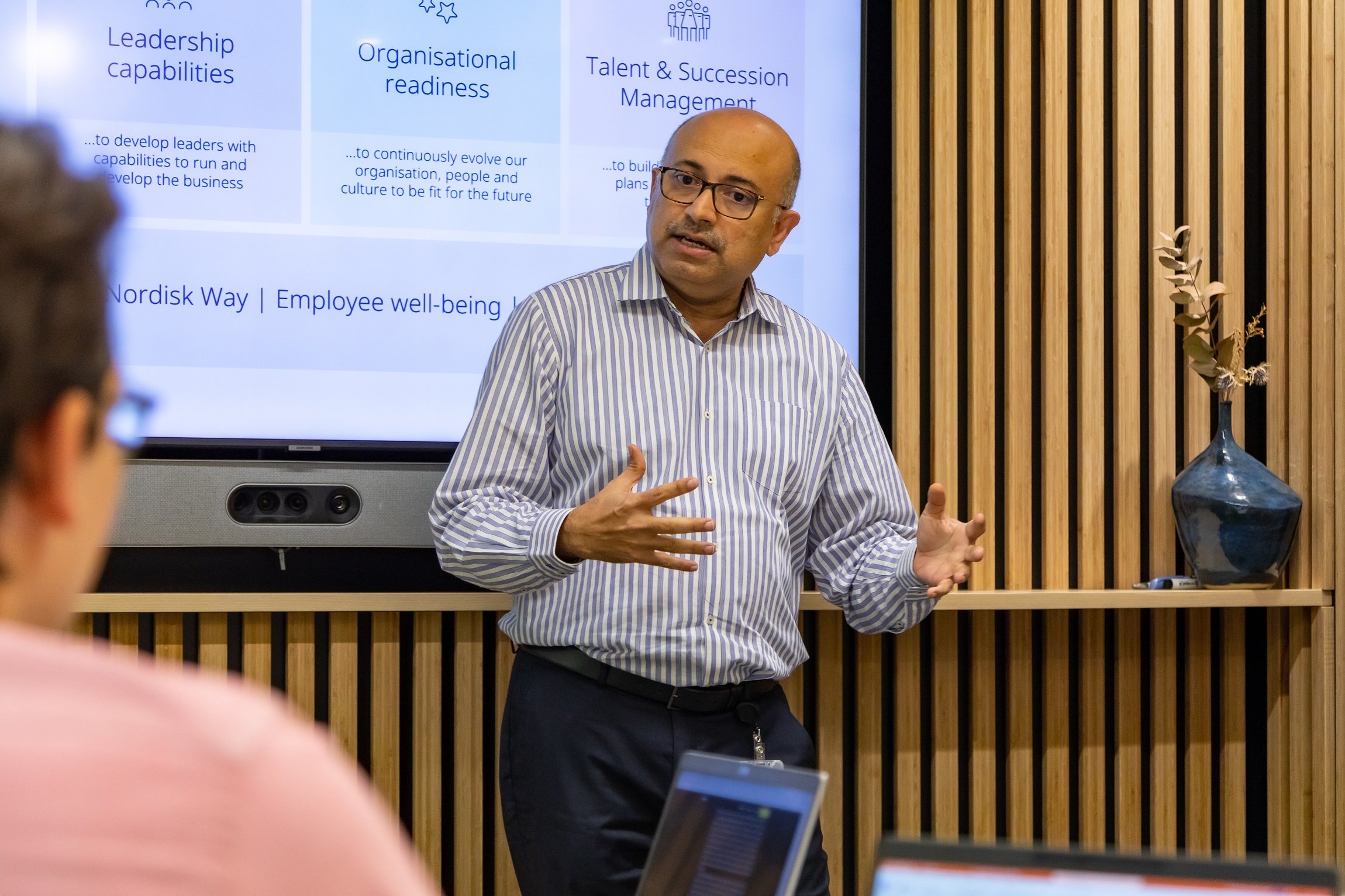HRM Five: Essential traits of a Chief HR Officer
- Yamini Chinnuswamy

Any organisation worth its salt understands that its greatest asset is its people. It follows, then, that the Chief HR Officer – sometimes also referred to as the Chief People Officer, or Chief Talent Officer – is one of the most important seats at the C-suite table.
In this modern era of disruption, here are five essential characteristics that a successful Chief HR Officer will need to offer their organisations.
- An in-depth knowledge of the business
A successful Chief HR Officer must understand the value of each part of the business, and how the individual parts come together to form the whole. By making the effort to understand the business – that is, developing close ties and constant communication with those on the ground –a Chief HR Officer will also have the trust and respect of the different stakeholders; making it easier to work with them and implement strategies.
- A diverse portfolio of experience
Technology has accelerated the unstoppable force of globalisation. In this context, international experience has become more imperative than ever, with many organisations unwilling to appoint regional leaders who do not come with multi-national experience. A Chief HR Officer who adds cross-functional stints to the international aspect will also be better positioned to serve the business.
- A proven ability to adapt
As the world continues to change, a person can either allow themselves to be left behind, or to make a conscious effort to keep up or even try to get ahead of the change – for instance, by investing in continuous learning and upskilling to ensure one’s skillset remains relevant. In a Chief HR Officer, such a quality is reassuring, because it shows that disruption won’t get the better of them.
- A track record for leading change
Personal adaptability is one thing – but shepherding a whole organisation through change requires not just foresight, but a strong understanding of people, and an understanding of how to plan and execute large-scale plans.
- A nuanced understanding of numbers
In this brave new world, where technology has made analytics a lot more accessible, “gut feeling” holds less weight. These days, any strong HR leader must be prepared to make their case with the help of analytics.






